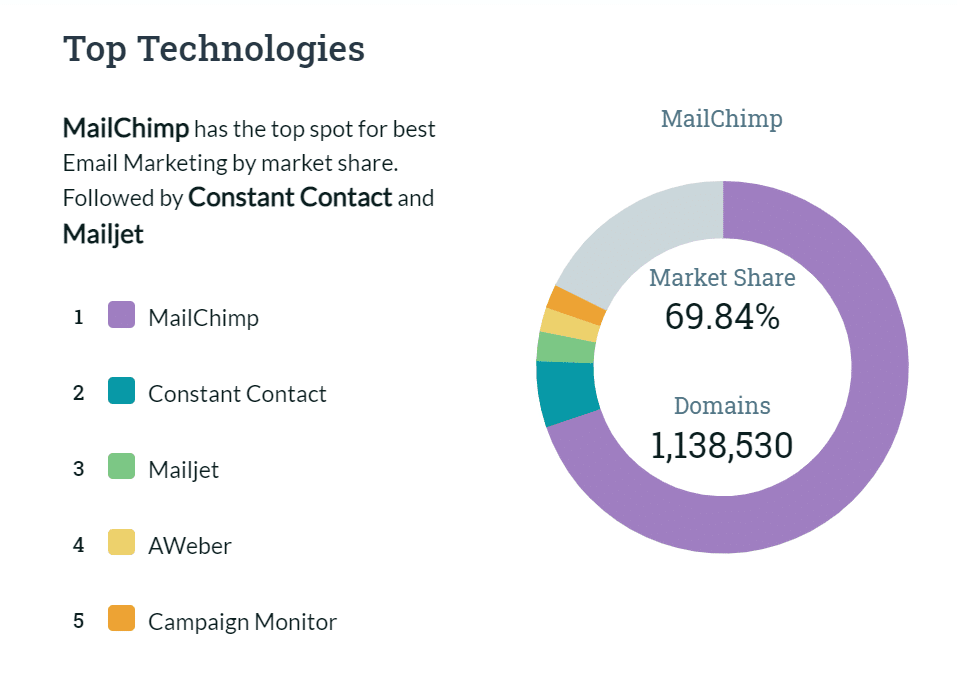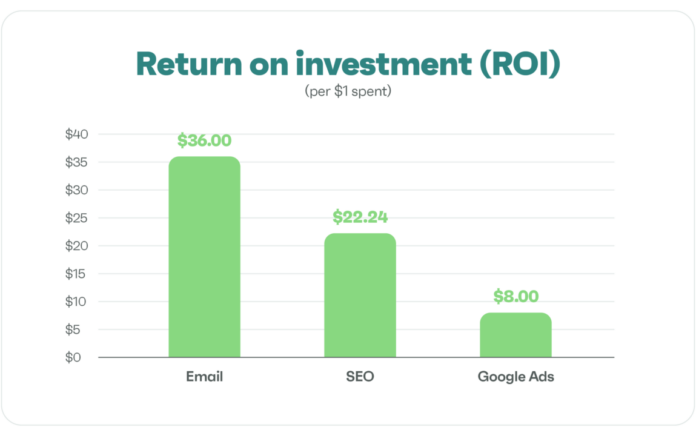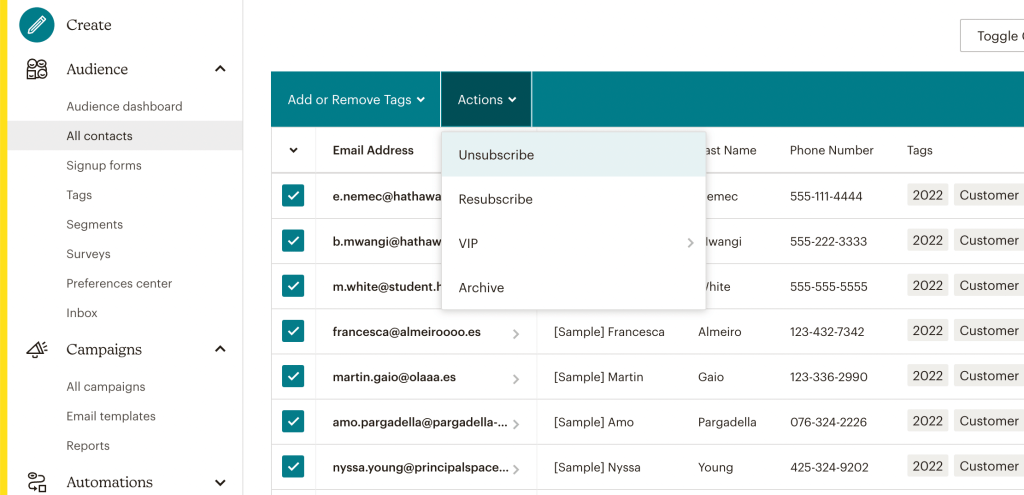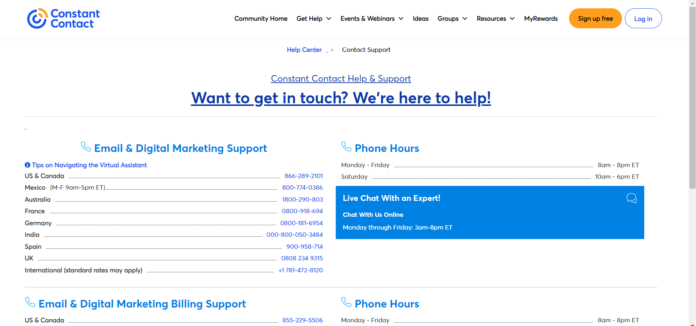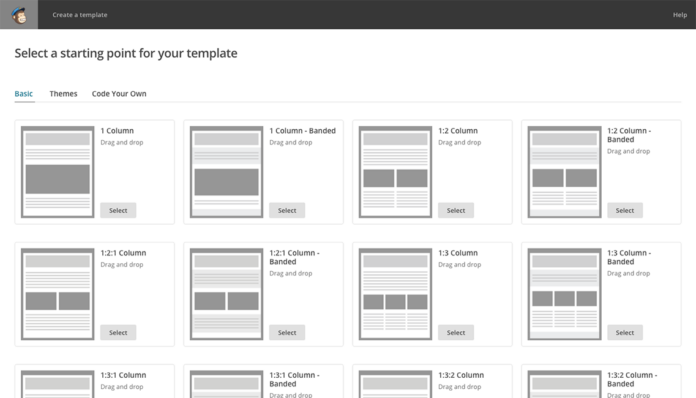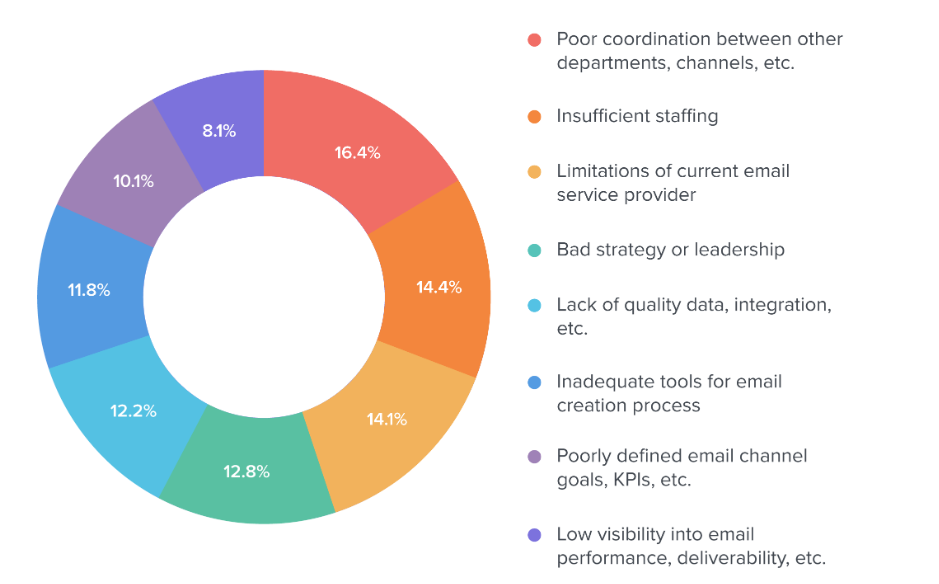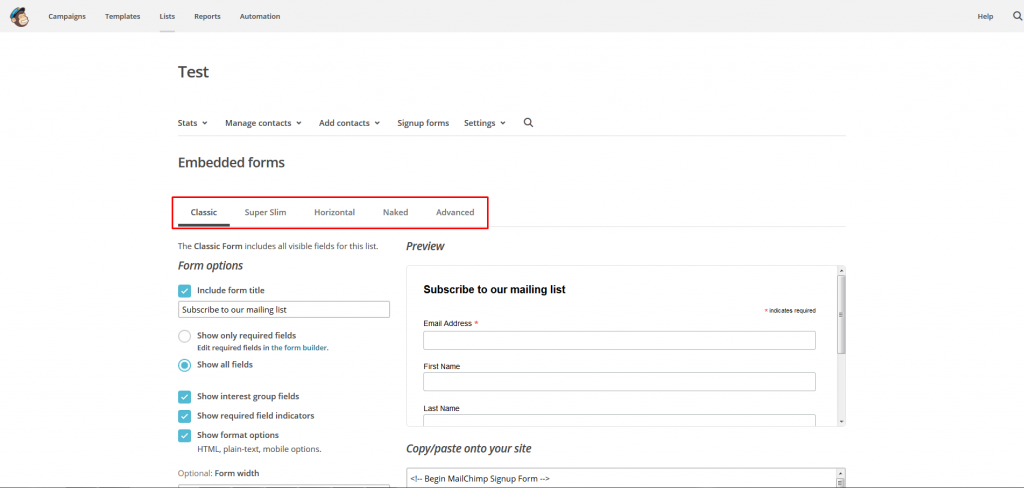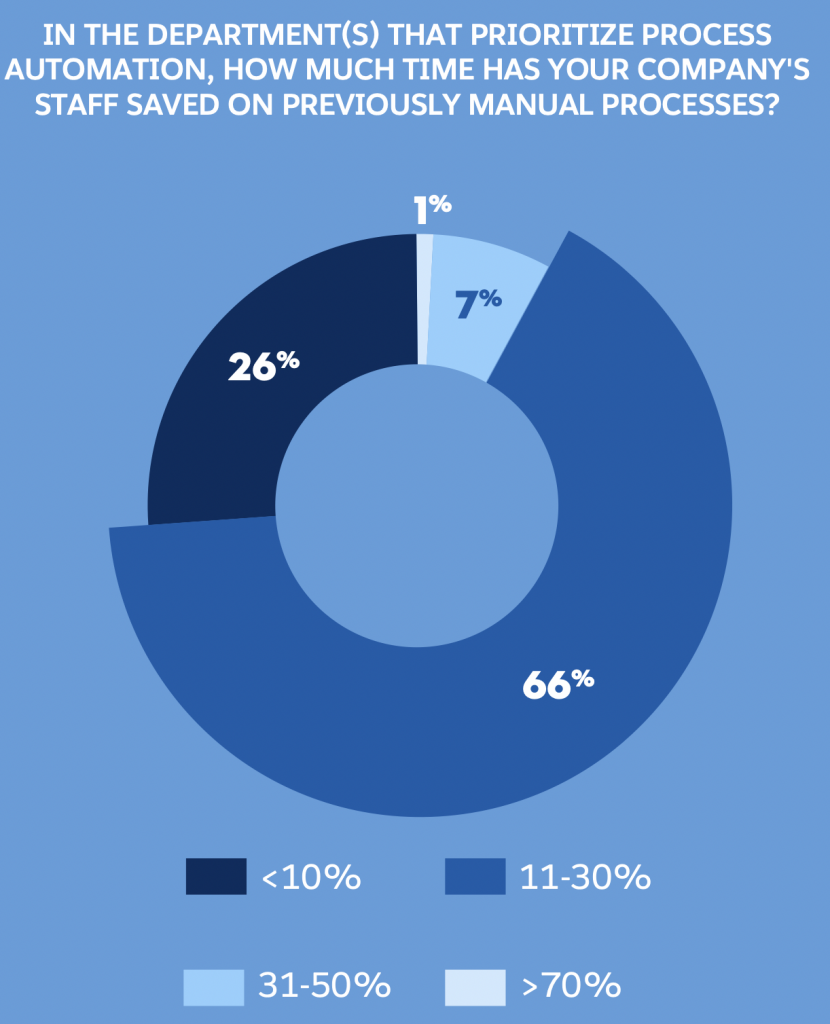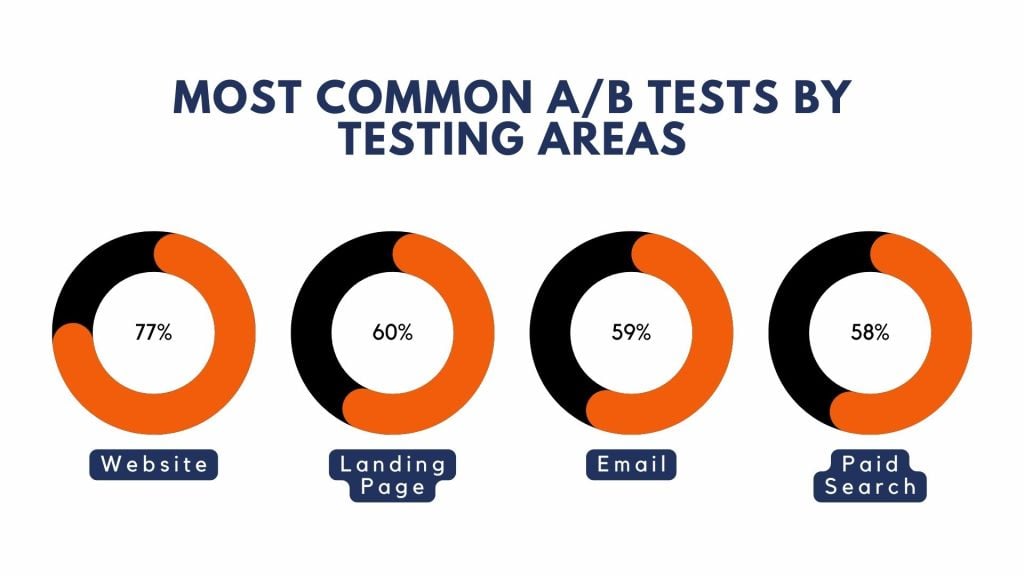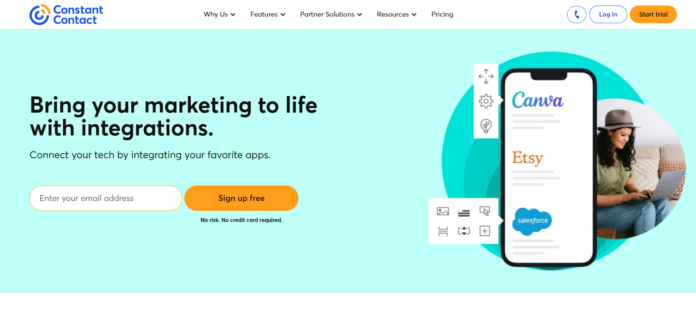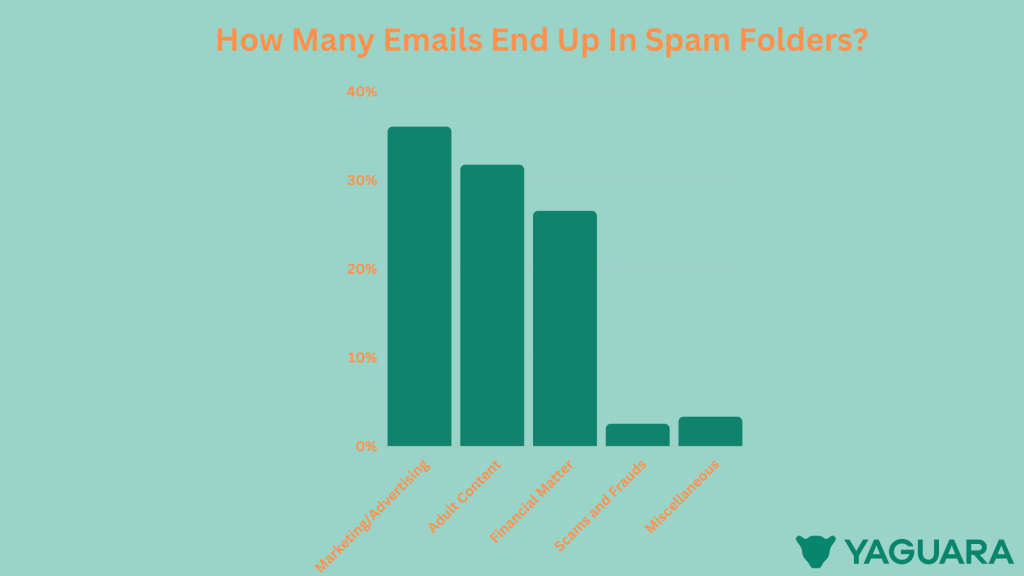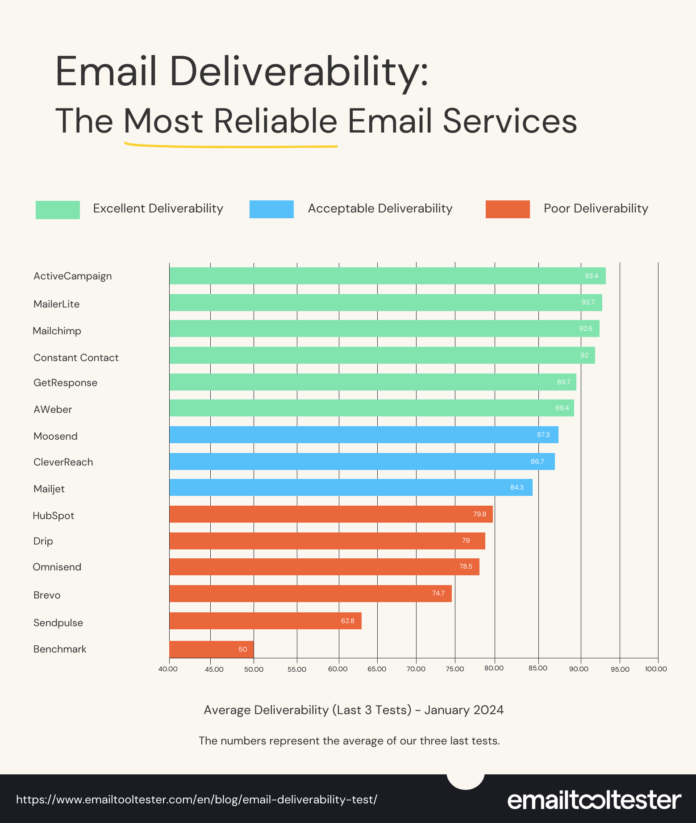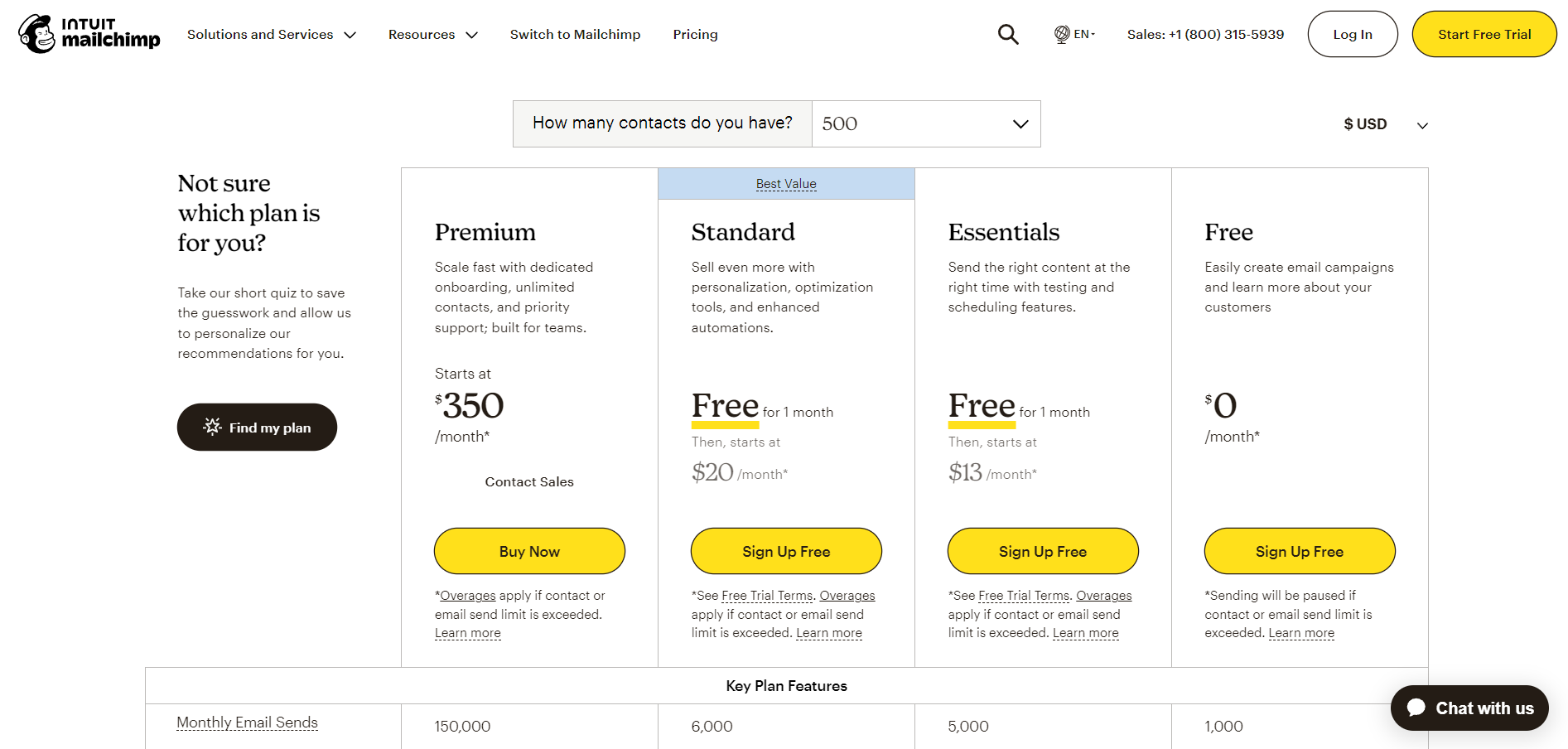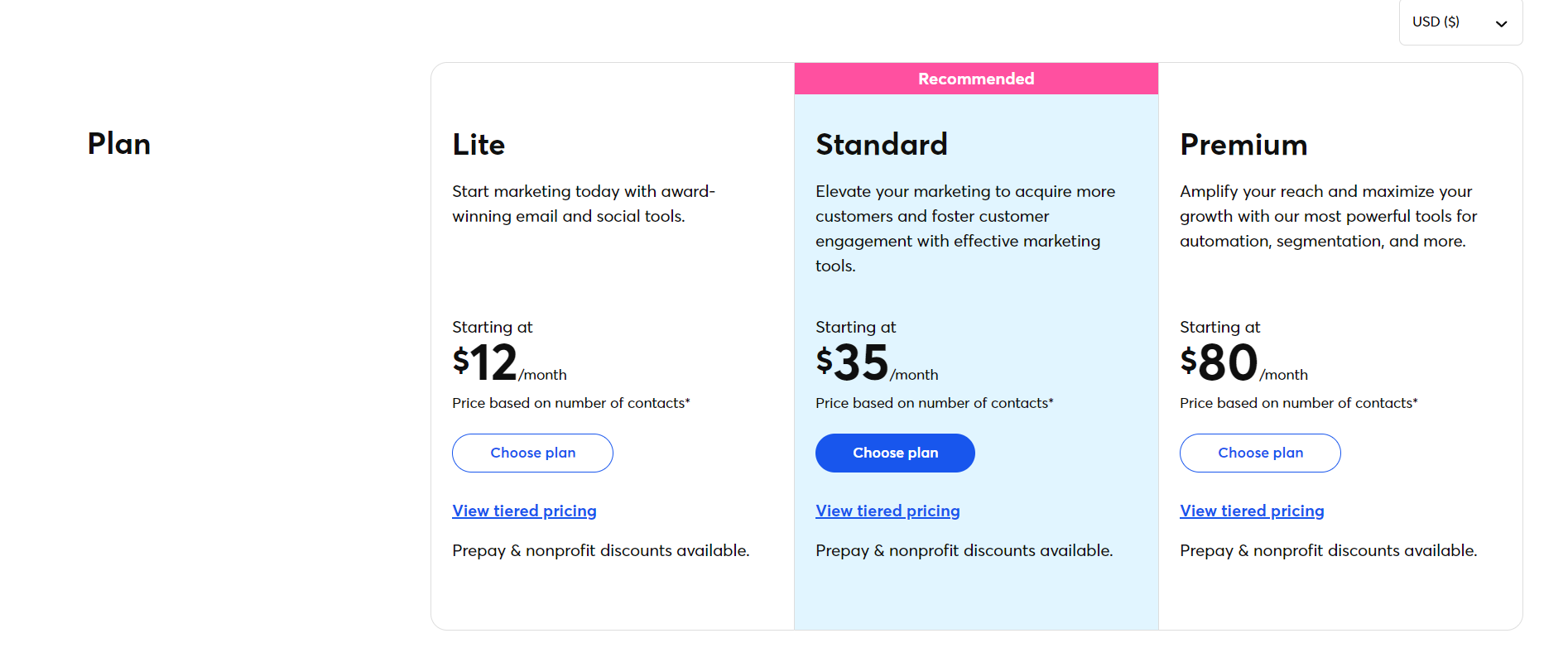Amazon search engine optimization SEO services.
We're going to compare Mailchimp with the second most popular email marketing tool - Constant Contact. By the end, you'll be able to see if what Constant Contact offers is enough for you to make it your email service provider.
Let's get started!

Ranked by Clutch 2024

Years 2020 - 2024

4 Years in a Row

Ranked by Clutch 2024

Agency Partner

Ranked by Our Customers

Ranked by Expertise 2023

Ranked by MASHABLE

Ranked by UpCity 2022

Ranked by Business Journal

Ranked by Selected Firms

Ranked by Selected Firms

Ranked by Selected Firms

Ranked by Design Rush

Ranked by Clutch 2024

Years 2020 - 2024

4 Years in a Row

Ranked by Clutch 2024

Agency Partner

Ranked by Our Customers

Ranked by UpCity 2022

Ranked by Expertise 2023

Ranked by MASHABLE

Ranked by Business Journal

Ranked by Selected Firms

Ranked by Selected Firms

Ranked by Selected Firms

Ranked by Design Rush
Constant Contact vs. Mailchimp - Comparing Two Powerful Email Marketing Tools
In the world of email marketing automation, one tool reigns supreme – Mailchimp:
According to Kinsta, the tool accounts for over two-thirds – 69.84% – of the entire email marketing sector, with over a million clients and counting. However, just because a tool is the most popular, that doesn’t necessarily mean it’s the best. It’s always possible that a different tool could offer more of what you need – be that more advanced features or simply a better service – which means it pays to do your research before choosing.
That’s where this article comes in.
We’re going to compare Mailchimp with the second most popular email marketing tool – Constant Contact. By the end, you’ll be able to see if what Constant Contact offers is enough for you to make it your email service provider.
Why Use an Email Marketing Tool in the First Place?
It’s a good question. The rise of social media – along with communication and project management tools like Slack – has led some to claim that email marketing is irrelevant. It’s old news. Passe. Something that no company should invest time, money, or energy into.
That’s wrong on all counts.
Despite the litany of other communication and marketing tools available, email still has one of the strongest return on investment (ROI) of all:
For every dollar your company spends on email, it receives $36 in return. That’s nearly $14 more than search engine optimization (SEO), which gets $22.24 per dollar, and over four times more than Google Ads.
The simple point:
Email marketing platforms are still essential in business and – when used well and if you have the appropriate platform – can unlock email marketing campaigns that make major money for your business.
What Does Mailchimp Offer?
Mailchimp has been around since 2001 and – as we mentioned previously – has established itself as the most popular email marketing platform in the world. Over 1 million domains use its services, with around 4 billion people having received an email that went through the Mailchimp mill before it reached their inboxes.
But Mailchimp hasn’t stood still.
Its focus has expanded in more recent years, leading to the platform becoming an all-in-one marketing solution that incorporates everything from social media scheduling to landing page development. But at the heart of it all lies email.
What Does Constant Contact Offer?
Though both Constant Contact and Mailchimp offer email marketing services, the former has been around even longer than the latter. It was established in 1998 – almost since the advent of email – and offers a similar all-in-one marketing platform (focused on email) as Mailchimp. Plus, as you learned above, it’s one of the top Mailchimp alternatives, ranking second in terms of market share.
However, it’s not as popular. Where Mailchimp has millions of users spread across over a million registered domains, Constant Contact has 600,000. Still an impressive number – and enough to place Constant Contact second in terms of market share – but a clear runner-up to Mailchimp’s leading offering.
The Comparison - Mailchimp and Constant Contact Stacked Up
Both Mailchimp and Constant Contact claim to offer essentially the same thing, which makes things a little tougher for you as a potential user – how do you choose between the two? That’s where this comparison comes in, which digs into the specifics of what Mailchimp offers – compared to Constant Contact – to help you make the right choice for your business.
Email List Management
Both Mailchimp and Constant Contact claim to offer essentially the same thing, which makes things a little tougher for you as a potential user – how do you choose between the two? That’s where this comparison comes in, which digs into the specifics of what Mailchimp offers – compared to Constant Contact – to help you make the right choice for your business.
Every email campaign starts with a list – the select group of people who’ll receive whatever email you’re sending. What’s key is that you’re able to properly manage that list – adding, editing, and segmenting as needed – so that it’s effective when you start sending out automated emails from your platform.
Naturally, both of these email tools easily let you handle the basics, such as uploading contacts to lists. However, comparing Constant Contact to Mailchimp reveals that the former may do a slightly better job in list management.
Why?
With Mailchimp, it’s difficult to organize your email at the click of a button, leading to the best approach being to upload contacts into a master list before segmenting them into specific recipient groups from there. Constant Contact offers a much cleaner interface and allows you to tag new uploads with helpful information, such as data about who they are – social media influencer, etyc. – and which pre-created segment(s) they should be entered into.
Score
Constant Contact – 1
Mailchimp – 0
Email Support and Phone Support
Both tools offer customer support, but it’s likely Constant Contact that comes out on top in this area. Regardless of which tier you choose for the tool, you have 24/7 access to customer support via a phone number or a “Contact Us” button, both of which you can access from the top of the screen when using the tool. Alternatively, you can find the right contact details from Constant Contact’s customer service page, which reveals there are specific phone numbers for different locations – ideal if you need a non-English option.
Unlike Constant Contact, Mailchimp gates those customer service features behind paywalls. If you’re not paying for a Premium version of Mailchimp, you’re stuck with its automated chatbot – helpful for basic queries but not especially useful if you need to talk to a human. Given that Constant Contact integrates customer service directly into its tool – without the need for payment – and Mailchimp doesn’t unless you upgrade from the free plan, there’s only one winner here:
Score
Constant Contact – 2
Mailchimp – 0
Custom Templates
Now we’re getting into the nitty-gritty – email templates.
Templates determine how your email looks and feels, in addition to ensuring you insert appropriate branding, with the general rule being that the tool that offers the most variety comes out on top. That would mean another win for Constant Contact – it offers over 200 templates compared to the 100+ found in Mailchimp.
But hold your horses for a second.
Sheer numbers mean little if the templates are a nightmare to use. Thankfully, neither of these apps has that problem, with both using an intuitive drag-and-drop box-based system that lets you easily insert whatever imagery or content you need into your template.
The only real difference – besides sheer numbers – lies in customizability. Mailchimp’s setup gives you more options for tweaking a template’s layout, essentially letting you use the template as a base for extra design work, whereas Constant Contact is a little more rigid. Both allow you to display your branding and handle things like subject lines and content organization with ease. But if you want more control, Mailchimp’s options may trump the extra templates Constant Contact has on offer. So, this category is a tie.
Score
Constant Contact – 3
Mailchimp – 1
Reporting and Data Analytics
Check the above stats from Influencer Marketing Hub and you’ll see that marketers have clear frustrations when it comes to figuring out how well their campaigns are doing. Just over 10% say they have poorly defined goals – making measuring against those goals almost impossible – while 8.1% claim their tool offers low visibility in terms of performance. Click-through rates and overall deliverability are mysteries to them, which is a major problem when trying to maximize ROI from an email campaign.
You won’t have that visibility problem with Mailchimp or Constant Contact – both offer in-depth analytics suites.
But one goes a bit more in-depth than the other.
Both feature a dashboard that gives you insight into the basics. Successful sends, bounce rates, and open rates are all covered. You could even argue that Constant Contact’s dashboard is a little cleaner – and certainly less cluttered – than Mailchimp’s, aided by the ability to remove metrics as needed.
However, Mailchimp simply offers more data thanks to its integration with Google Analytics. That makes it a much better tool for businesses that use their email campaigns to drive traffic to websites and landing pages – you can see how many clicks your pages get and (crucially) whether those clicks translate into revenue.
Score
Constant Contact – 3
Mailchimp – 2
Customizable Forms
Your registration forms are the lifeblood of your email marketing campaign. Get them wrong and it won’t matter how intriguing your email copy is or what you can offer to your list – you won’t even have a list to begin with.
Naturally, that means Mailchimp and Constant Contact both offer form-building tools, with those forms being implantable onto your website or even inside your emails. But – as was the case with templates – Mailchimp comes out on top thanks to its wealth of customization options.
Where Constant Contact forces you to choose from a small selection of potential fields – albeit while allowing you to tweak colors and branding – Mailchimp lets you mess with the design and create your own fields so you can ask for the specific information your business needs. Granted, it doesn’t allow QR codes – an interesting feature available to Constant Contact users – but the sheer versatility of its form creation suite makes it the winner in this category.
Score
Constant Contact – 3
Mailchimp – 3
Automation Features
Six categories down and we have a perfectly level score. Next up is automation – how well does each tool help you to cut down on the costs, both in terms of time and money, that manually sending emails creates?
Before we dig into that, take a look at this chart:
It shows why automation matters in the first place – 73% of respondents say that automating workflow processes has saved between 11% and 50% of the time they previously spent on those processes.
So, who does it better?
Mailchimp starts pulling ahead here for the simple fact that many of its email automation features are available via its free plan, making up for its lack of customer support in that plan. You can create custom email flows – even going as far as to trigger certain emails to send at specific times, such as a customer’s birthday – and can incorporate entire lists and segments into your automated flows.
You can do that with Constant Contact too…for a price.
Most of the platform’s automations are gated behind its paid packages, with the only one available to free users is the resending of emails when the recipient didn’t open the original one. Welcome emails, sales and marketing flows, and even retargeting emails are all available (as they are with Mailchimp). You just pay a higher price to access them.
Score
Constant Contact – 3
Mailchimp – 4
Split (Or A/B) Testing
The concept behind split (or A/B) tests is simple – send out multiple versions of an email covering the same subject, only with a tweak in one area to see which performs better. That tweak could be the color scheme, the font used, or even a line of the content. The point is to create an iterative process in which you send the two variations of the same email simultaneously to see which performs better.
Constant split testing eventually leads you to the best possible version of your email, meaning it’s no wonder that 59% of companies do it.
And it’s here where Mailchimp strengthens its lead for a simple reason – Constant Contact only allows you to split test your subject lines. At least, you can only create defined split testing campaigns around subject lines, meaning you’re forced to create a pair of campaigns – each with separate lists – if you want to get more in-depth.
That’s a far cry from Mailchimp’s split testing, which lets you create up to three variations of your campaign in which you can tweak whatever you want, from subject line to content to colors. Upgrade to the “Pro” plan and you can increase your variations to eight.
Score
Constant Contact – 3
Mailchimp – 5
Integrations
We’ve already touched on integrations – Mailchimp’s Google Analytics compatibility – and they’re a key part of finding the best email marketing tool for your business. It all comes down to one thing:
How well does the tool link up with all of the other software you’re using?
It’s tough to pick a winner here as Constant Contact and Mailchimp offer hundreds of integrations with customer relationship management (CRM) and various marketing apps. In the past, Constant Contact had a slight edge because it offered Shopify integration whereas Mailchimp didn’t. But that’s not the case anymore – Mailchimp restored that integration after removing it in 2019.
So, it’s a tough one to call, with the deciding factor likely being Google Analytics integration. Mailchimp has it. Constant Contact doesn’t, forcing you to log in to your Analytics dashboard to check up on the success of your emails.
Score
Constant Contact – 3
Mailchimp – 6
Avoiding Spam Folder Problems
If an email lands in an inbox and nobody is around to read it, does that email even exist? We’d argue that it doesn’t, and this is the precise fate that befalls around 36% of marketing emails that land directly in a spam folder without ever having a chance to be seen by a company’s intended recipient.
Deliverability – the term used for how well an email platform manages to land emails in inboxes ahead of spam folders – is key to your campaigns. And to make matters more difficult, Constant Contact and Mailchimp both claim deliverability in the high 90% region.
Digging deeper, Email Tool Tester examined the delivery rates for both tools, stacking them up against their claims to see if they were as effective as they said they were. And those tests reveal there’s little to choose between the two – Mailchimp emails land 92.6% of the time compared to Constant Contact’s 92%:
We suppose this technically means that Mailchimp comes out on top, but the difference is so negligible that we’d feel bad calling this anything other than a tie.
Score
Constant Contact – 4
Mailchimp – 7
Pricing: Mailchimp and Constant Contact Fees
For as wonderful as having access to the most popular email marketing platforms at your fingertips may be, your choice will come down to something that affects all of your marketing efforts:
Your budget.
MailChimp Pricing
Beyond its free tier – which gives access to a lot of Mailchimp’s email automation tools for nothing – Mailchimp has three tiers:
- Essentials – $13 per month
- Standard – $20 per month
- Premium – $350 per month
Bear in mind that these are starting prices – they increase if you bolt on additional stuff, such as SMS messaging campaigns. The key difference between these tiers is the monthly email sends available to you. At the free level, you can shoot 1,000 emails per month over to your list, which is ideal for smaller businesses. The Essentials plan bumps that up to 5,000, while Standard users can send 6,000 emails per month. Once you’re at the Premium level, you unlock everything that Mailchimp has to offer:
An unlimited list and 150,000 email sends monthly.
Split testing is available at all paid tiers, as are analytics, though these are limited in scope for Essentials users. If list segmentation and automated targeting are your things, you’ll want to be at least at the Standard tier – anything lower has far too many limitations.
Constant Contact Pricing
Constant Contact‘s pricing is a mixed bag in terms of how it stacks up as one of the leading Mailchimp Competitors. Like Mailchimp, it offers three tiers with the following starting prices:
- Lite – $12 per month
- Standard – $35 per month
- Premium – $80 per month
However – as you may notice from the above image – those prices vary depending on the number of contacts you have in your list. So, the more people you want to email (even if you’re not sending emails to all of them every month) the more you’re going to pay. You’ll also notice that Constant Contact falls into something of a middle ground. Its Lite and Premium plans are cheaper than their Mailchimp equivalents, but the Standard plan is much more expensive.
The tool also has an interesting way of determining how many emails you can send per month. At the Lite level, you can send 10 times the number of emails as you have contacts. So, if you have 100 people on your list, that means 1,000 emails per month. Standard brings that up to 12 times, with Premium giving you 24 times. Comparing the two, we’d argue that Mailchimp has the simpler pricing structure – especially because it’s clear about the number of emails you get to send – and Constant Contact is maybe a little better on price.
Let’s call this one a tie.
Score
Constant Contact – 5
Mailchimp – 8
Advanced Features
A clear winner is already emerging, but let’s wrap things up with a quickfire comparison of some advanced features offered by these email marketing platforms.
SMS Marketing Campaigns
Both platforms offer SMS marketing campaigns. Both also charge for them, though in different ways. You get access to SMS in any of Mailchimp’s paid tiers, whereas Constant Contact charges a fee that starts at $10 per month (and could increase based on your list’s size).
Website Builder
Mailchimp excels as the all-in-one marketing tool it’s trying to be when it comes to websites – its paid tiers offer access to a basic website builder you can use in your email marketing campaigns. If your campaign needs a landing page, you can knock one out with the tool. Constant Contact doesn’t have that. Any webpages you need have to be developed separately.
Advanced Segmentation
Organization via lists, segments, and tags are included with both – though Constant Contact has the easier method for segmenting lists – but Mailchimp has one extra segmentation option:
Groups.
That puts it just ahead of Constant Contact in this department as well.
AI Content Generation
Generative AI is available to both platforms, though you have to be on the Standard tier or above to access it in Mailchimp. You get what you pay for, though. Where Constant Contact’s AI is limited to making copy suggestions as you write, Mailchimp can actually write emails for you.
Score
Constant Contact – 5
Mailchimp – 9
Mailchimp vs. Constant Contact - Which Is the Best Email Marketing Software?
After stacking up Mailchimp and Constant Contact, we can see that the former comes out on top overall. It’s simply the more comprehensive package, offering better reporting, testing, customization options, and price clarity.
But does that mean you should discard Constant Contact as one of your potential Mailchimp alternatives?
Not necessarily – it comes out on top in some key categories.
Constant Contact offers far better customer service – available to everybody rather than gated behind paid tiers – and its email lists are easier to manage and segment. If those two factors are priorities for you, Constant Contact may just be a better choice. After all, it doesn’t fall too far behind Mailchimp in the other categories we’ve examined.
Get the Most Out of Your Email Marketing Platform with NEWMEDIA
Maybe you’ve made your email marketing tool choice thanks to this article.
Awesome!
Now, it’s time to get the most out of it with fantastic content and website design that supplement your email campaigns. Enter NEWMEDIA – America’s leading digital marketing company. Not only can we help you to get to grips with your tool of choice, but we can also write email copy that drives revenue and design websites that are a far cry from the basic sites you can build using Mailchimp’s website builder.
The Ultimate Marketing Agency
We’re helping businesses take control of their email marketing and grow their audience, their brand, and their sales. With our help, your brand can tap into the channel’s incredible ROI with tailored campaigns that complement your existing marketing strategies.
Experience You Can Trust
Trusted by Fortune 100 firms and non-profits alike, NEWMEDIA takes a client-first approach to every project. We work closely with our clients to identify their needs, find their targets, and figure out the ideal path to achieve their objectives.
Always Ready
You’ll get the benefit of our industry expertise not only in crafting the ideal email marketing strategy for your existing audience, but in growing your subscriber base for even more reach. When combined with social media marketing, SEO and PPC, an effective email campaign strategy can really complete your omnichannel marketing campaign.
Interested?
We’re waiting to work with you. Get in touch today and let’s make sure you’re achieving the 36:1 ROI your email campaigns have the potential to achieve.
